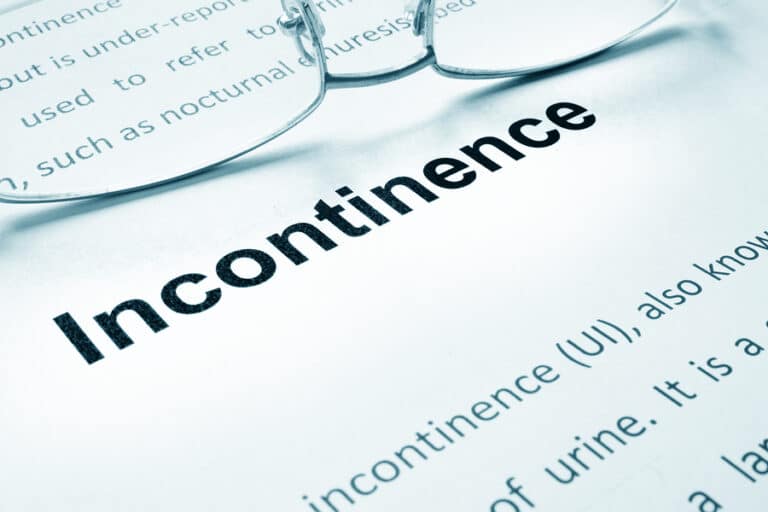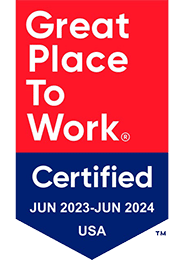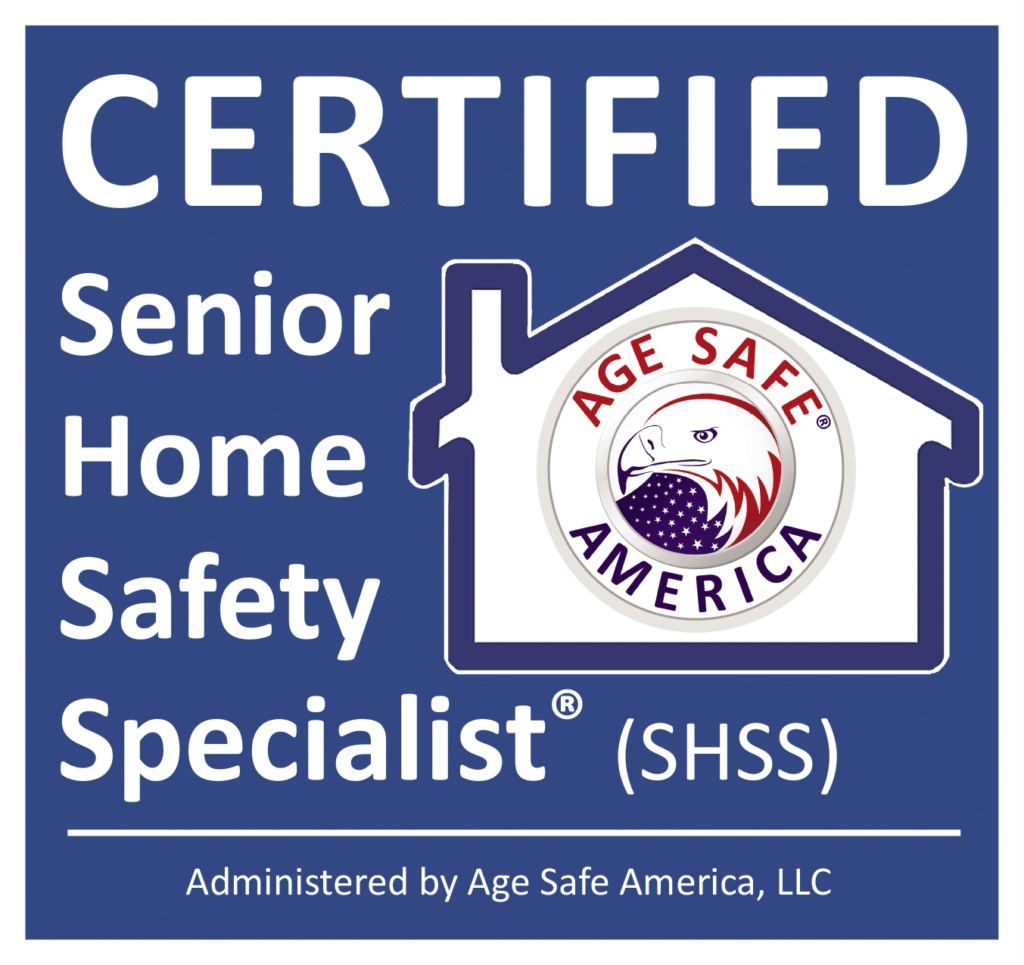Aging brings with it a lot of changes that affect how well the body is able to do its job. Sometimes health issues and physical changes seniors experience can lead to incontinence, which is the loss of bladder control. Incontinence can be a bit of a taboo topic, though, because of the way that it affects seniors and their lives. Home care assistance can help seniors to deal with incontinence and the various ways that it complicates daily life.
Addressing Incontinence Directly
Seniors are going to get the best results when they address incontinence directly. There are multitudes of causes of incontinence, and some of them can be easily reversed once the cause is addressed. That does mean, however, that seniors need to talk with their medical providers about what they’re experiencing and get a plan put in place. Even if incontinence can’t be cured or completely reversed, it can be easily managed, especially with help from senior care providers.
Physical Challenges
Many seniors who are incontinent try to restrict their physical movements in order to avoid leakage and embarrassment. They may also restrict their water intake, in the hopes of reducing incontinence. Unfortunately, neither of these situations are optimal and can lead to physical issues. Seniors who restrict their movements quickly find that their mobility is hampered overall. And if they are avoiding fluid intake, seniors are setting themselves up for dehydration, urinary tract infections, and a host of other medical issues.
Emotional and Mental Impacts
Beyond the physical impacts, there are the emotional and mental effects of incontinence to manage. Seniors who are dealing with incontinence often isolate themselves out of embarrassment and fear. There is usually also a lot of shame wrapped up in this issue, which has a cascading effect on mental health and emotional well-being. It can be a lot to work through, especially alone. Sometimes seniors need psychological support from a therapist or support group in order to work through the feelings that come up for them around incontinence and bladder health.
Coping Strategies that Work
What seniors really need are coping strategies that actually work for them. Open communication with family caregivers and their doctors is the big first step. From there, following their medical provider’s recommendations can make a big difference. Next, using the proper incontinence products and getting help from home care providers is important. Being physically active and eating a healthy diet with proper hydration also helps. Treatments such as medication, pelvic floor exercises, and even surgery can all help, but they do take time to be effective.
Incontinence is incredibly common, but many seniors worry that they have to deal with it totally on their own. Having home care assistance there to help them to manage the situation can reduce those feelings of anxiety and shame that cause them to avoid living their lives as fully as possible. Over time, seniors can learn to live happy and full lives, even if they’re still dealing with incontinence on a daily basis.
If you or an aging loved one are considering home care assistance in Brownwood, TX, please contact the caring staff at Clear Path Home Care today. Call 325-430-0151.
Clear Path Home Care provides compassionate, high quality home care in McCulloch County, San Saba County, Mills County, Hamilton County, Runnels County, Coleman County, Brown County, Comanche County, Eastland County, Callahan County, Palo Pinto County, Stephens County, Shackleford County, Jack County, Young County, Throckmorton County, Concho County, Archer County, Clay County, Wilbarger County, and Wichita County in Texas.
- 5 Things Seniors Can Do To Avoid Rashes - May 14, 2024
- Here’s Why Seniors Should Be Practicing Gratitude - May 2, 2024
- When Does Your Senior Mom Need Companion Care? - April 18, 2024






